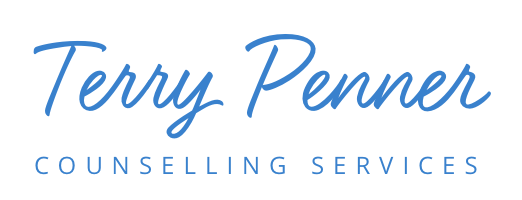Gambling Addiction Counselling in Calgary
Private gambling addiction counselling in Calgary may appeal to those individuals who do not wish to attend groups but prefer to work one on one with an experienced counsellor.
The advantage of private counselling is that it allows the individual struggling with gambling to develop their own plan that respects their unique needs or time constraints.
In the first session an assessment is completed that includes a brief history of the problem, motivation to stop, other issues that may be complicating the gambling pattern (e.g. using gambling as a stress outlet) and other addiction patterns that may pre-date gambling (alcohol abuse is a common problem that can co-exist with the gambling pattern).
Once a clearer picture of the gambling pattern is obtained, goals are set collaboratively with each client that includes; a plan to stop gambling, recognition of relapse factors (risk management) and addressing other issues that either pre-date gambling or a part of the gambling pattern. For example, low self-esteem may have pre-dated gambling and may be part of the psychological struggle that helps set in motion gambling addiction. Self-esteem issues are not resolved through gambling; resulting in even lower self-esteem while the gambler waits for the "big pay off" that they believe will somehow make everything "right". The decision to stop gambling, however, is the first issue the gambler must address. Until they do so underlying issues are put on hold in counselling. Much like other addictions such as alcohol, the addicted individual cannot access deeper personal issues while still in active addiction mode.
Why Are You Really Gambling?
Similar to other addictions, individuals with gambling problems are first and foremost caught up in the addiction spiral where the lure of gambling's promise keeps them coming back for more. Gambling is very seductive and the gambler only needs to "win" occasionally in order to keep coming back. The intermittent reinforcement principle which basically says one win out of five or even ten is enough is clearly at work here. Gamblers also "chase their bets" hoping to recover losses. If a loss of $5000 occurs one day, the gambler will go back the next day trying to "get it back". In this way, the gambler is caught in a repetitive cycle that denies rational thought. The gambler typically also falls into magical thinking where they believe in any number of wishful fantasies such as; a feeling ("I just feel lucky today") or omens (the weather, a movie they saw about someone winning at a roulette wheel or, they find a five dollar bill on the ground etc).
The gambler then is gambling because they are caught up in the gambling cycle and have lost objectivity. Underlying issues (stress, marital problems, career struggles) may have helped lead to gambling but the position is always taken that none of these underlying problems are the direct cause of the gambling problem.
How Gambling Addiction Counselling Works
The assessment session is typically held with just the individual who has the gambling problem. Spouses and other concerned people may be instrumental in getting the individual to this session but once booked it is usually best to allow that individual to fully explore their gambling patterns without feeling the need to minimize or justify their behaviour.
Assessment information is gathered including a history of gambling and any other addictive behaviours and other issues that may be contributing to continued gambling (e.g. debt, stress).
Goals are set collaboratively with each client but always include a plan to stop gambling. Each client needs to know their high-risk profile in order to be successful. For example, high-risk places to avoid like casinos may be obvious but bars with VLTs also need to be identified if they were part of old rituals that involved gambling. "Gambler" thinking needs to be addressed (e.g. magical thinking like "today is my lucky day") and challenged in counselling sessions where the client can work through old ways of thinking in a supportive environment.
Once gambling has been arrested, the client can start to address any other underlying issues that if not remedied may lead them back to gambling. For example, if gambling was developed initially as an escape route from high stress, other ways to manage stress must be developed that do not include other addictive behaviours ( e.g. gambling should not be replaced with alcohol).
Clients are seen weekly if their personal/work schedule will permit. Normally after 4 to 8 sessions, there should be significant progress. After the assessment session, each subsequent session will have a progress review as well as a review of any unexpected difficulty or relapse. When the client feels they are significantly stabilized and have been abstinent from gambling for at least one month, follow up counselling is recommended. Follow up counselling varies but typically clients are asked to follow up once a month for at least three months, and finally periodically in the next 12 months.
